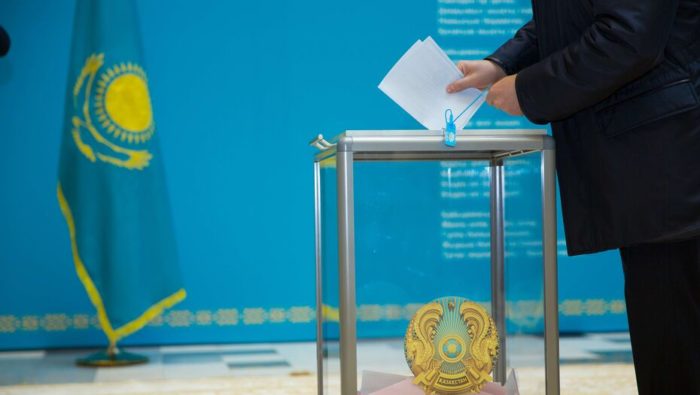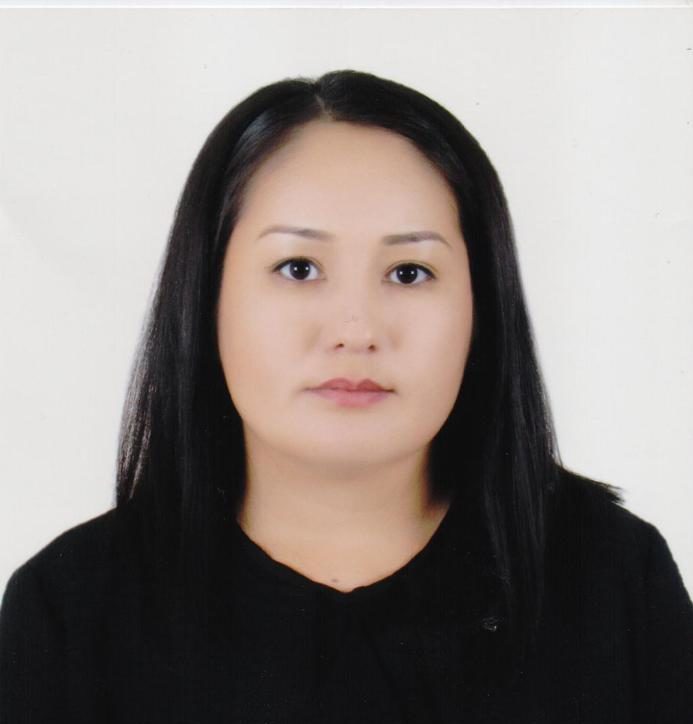The Majilis (a lower house of the Kazakh Parliament) elections will be held Jan. 10, 2021 in Kazakhstan.

The decree signed by Kazakh President Kassym-Jomart Tokayev on Oct.21 on the appointment of deputies for the Majilis gave the green light for a new electoral cycle in Kazakhstan. For the first time in 16 years, parliamentary elections will be held under conditions that strictly meet the constitutional requirements – more than two months before the end of the term of the deputies of the current convocation.

Since 2007, the Majilis consists of 107 deputies: 98 of them are elected by a proportional electoral system according to party lists, while nine independent non-party deputies are elected by the Assembly of the People of Kazakhstan.
The upcoming Majilis elections in 2021 will have several key differences from previous election campaigns.
First. Changes in the electoral legislation are characterized by the introduction of the institution of parliamentary opposition. Now, one chairman and two secretaries of the standing committees of the Majilis will be elected among the deputies of the parliamentary opposition.
It is important that the parliamentary opposition be given the right to initiate parliamentary hearings at least once during a session, as well as to determine the agenda of the government at least twice during one session. At the same time, the leaders of the factions of the political parties are provided with a guaranteed right to speak for joint sessions of the chambers of parliament, plenary sessions of the Majilis, meetings of the standing committees, meetings of working groups, parliamentary hearings and other events.
Second. There are provisions in the Constitutional Law “On Elections in the Republic of Kazakhstan” and the Law “On Political Parties,” which for the first time in the Kazakh parliamentary practice, introduced a 30 percent quota in party lists for women and youth. This provision will become an effective mechanism for involving women and youth in parliament and local representative bodies, which will contribute to their increased participation in the socio-political processes of the country.
Third. The upcoming elections to the maslikhats (local representative bodies) will be held for the first time on party lists. The proportional model is fully consistent with world democratic practice and will contribute to the strengthening of the political system, the development of democracy, and facilitating the activities of political parties.
Fourth. Although the population of Kazakhstan is characterized by significant political apathy, over the past year, there has been a trend towards politicization in society. Thus, the administration of Tokayev adopted a number of democratic reforms such as liberalization of legislation on rallies, the introduction of quotas for women and youth on electoral lists and lowering the threshold for the minimum number of members for party registration. The society expects further development of this process from the new Majilis as these reforms cannot be called perfect.
Fifth. The elections in Kazakhstan will be held against the backdrop of global political tension. The electoral process in Belarus, the United States, Kyrgyzstan and Georgia ended in massive protests and outbreaks of violence. The reason for all these cases was distrust of the official election results. The Kazakh authorities are interested in the peaceful transit of power; therefore, it is in their interests to demonstrate the highest level of transparency in the electoral process.
Thus, the electoral process in Kazakhstan is acquiring new features, with the use of new tools, such as the primaries, which contributed to the wide involvement of the public, especially the youth.
In the upcoming parliamentary elections, the determining factor will be the new paradigm of relations between the authorities and society – this was noted in the President’s Address on Sep. 1.
The introduced innovations included legislative consolidation of the concept of “parliamentary opposition,” the introduction of quotas for women and youth in party lists and holding elections to maslikhats on party lists. The system is becoming more and more open and “friendly” to citizens, who, in turn, are expected to respond by expanding their participation not only in matters of self-government at the level of their local community, but also in national affairs.
For the first time, new players are involved in the political process, who will bring unique contributions to the electoral process. The upcoming elections will demonstrate that Kazakh society is in a period of development and the election results will meet the demands and needs of Kazakh citizens.
The author is Aigerim Ospanova, PhD, Professor, head of Department of Regional Studies of Faculty of International Relations at Gumilyov Eurasian National University.
